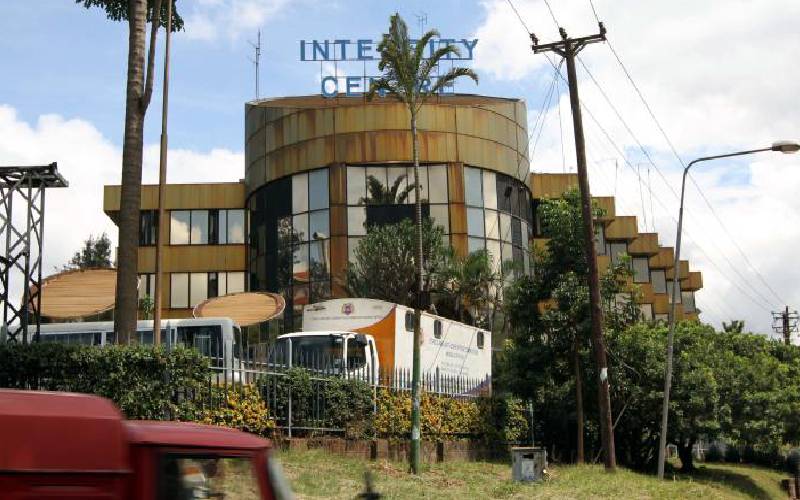×
The Standard e-Paper
Stay Informed, Even Offline

The Ethics and Anti-Corruption Commission (EACC) has been allowed to produce in court a dead man’s statement as proof in its quest to recover Sh283 million lost in a public cemetery land deal.